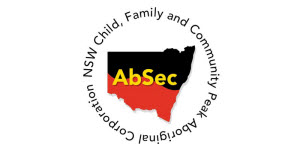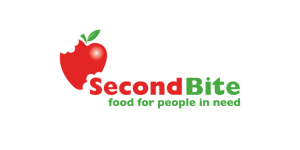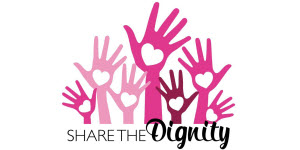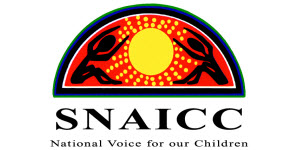Survival Day: the long-term impacts of colonisation and assimilation on Aboriginal people in Australia
Content warning:
The following article discusses sensitive material that may be difficult for Aboriginal and Torres Strait Islander readers.
As another Survival Day approaches, many Aboriginal and Torres Strait Islander peoples across the country experience a resurgence of trauma, anger and deep sadness for the brutal injustices against those who have come before us – many of which still continue to this day.
The extreme impact of Australia’s colonisation and assimilation policies on its Aboriginal people, including the Stolen Generations, is an integral part of why we, at Narang Bir-rong, do the work that we do.
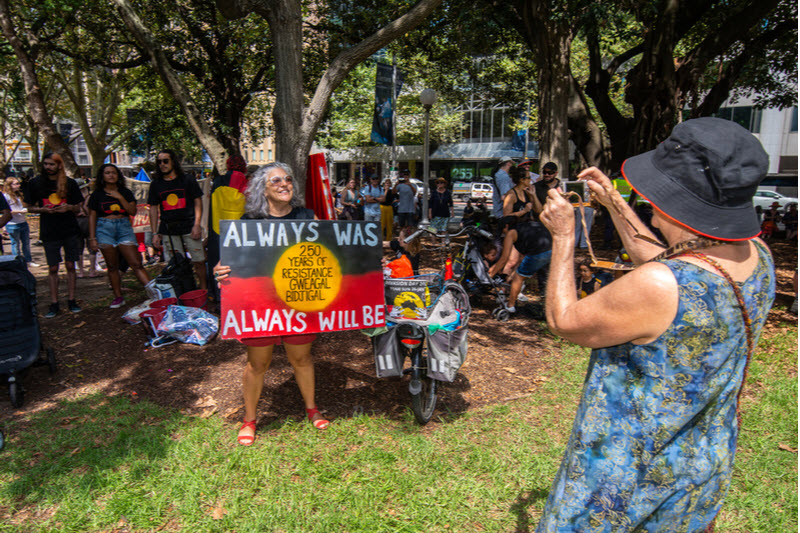
One of the continuing repercussions of colonisation is the disproportionate number of Aboriginal and Torres Strait Islander children and young people in out-of-home care (foster care). Significantly higher than non-Aboriginal children, the removal of children from their families is a symptom of the collective, historical and intergenerational trauma experienced by our peoples.
But in order to break this cycle of cultural, familial and personal disruption caused by so many years of devastation, we must not only treat the symptoms of such trauma but address the trauma itself.
A day of mourning
January 26 marks the invasion by British colonisers in Australia and the start of a violent and destructive legacy: the attempted annihilation of our culture; the dispossession and removal of our people from their lands; the forced separation of communities; and the removal of children from their families.
To celebrate our beautiful country on such a day is to celebrate the generations of abuse experienced by our people and the separation from our traditional land, languages and culture.
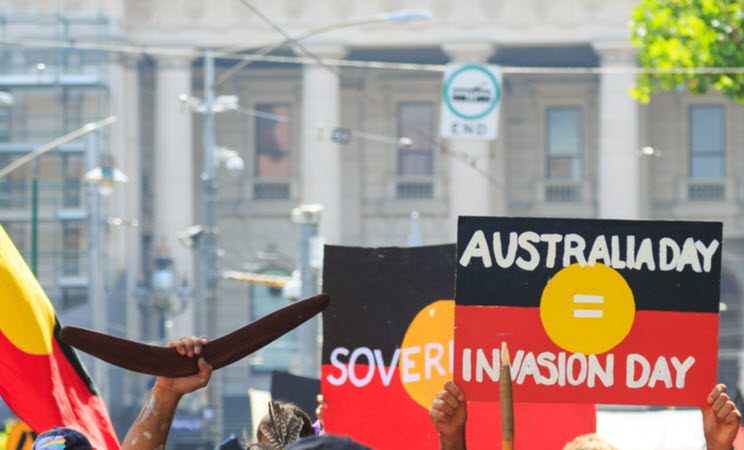
It excludes and disrespects Australia’s First Peoples and shows a failure to truly come to terms with Australia’s history.
At Narang Bir-rong we mark the day by emphasising the survival of our people and culture and reflecting on our continuing resilience and endurance.
The transgenerational trauma of the Stolen Generations
This resilience and endurance have been tested so intensely through more than a century of the forcible removal of children from their families. The Stolen Generations not only broke physical ties in families but severed essential cultural and spiritual ties, leaving a lasting impact on the lives and wellbeing of Aboriginal and Torres Strait Islander people.
“The forcible separation of Aboriginal and Torres Strait Islander children over a number of generations … is, arguably, the practice that has left the most traumatic legacy, which continues to have a profound impact on Aboriginal people today.” ~ Karen Menzies, Understanding the Australian Aboriginal experience of collective, historical and intergenerational trauma.
The complex nature and effect of transgenerational trauma, as described by Indigenous psychiatrist Professor Helen Milroy (2018), can impact almost all aspects of a person’s life, including relationships with caregivers; family functioning; physical and mental health; and connection to family, culture and society.
“Even where children are protected from the traumatic stories of their ancestors, the effects of past traumas still impact on children in the form of ill health, family dysfunction, community violence, psychological morbidity and early mortality.” ~ Helen Milroy (2018), A Call on Practitioners to Play a Stronger Role on Intergenerational Trauma.
The right to ‘grow up in a family environment, in an atmosphere of happiness, love and understanding’ (Office of the United Nations High Commissioner for Human Rights, 1989) was denied our people, and the ramifications of these human rights violations can be seen in the disproportionate rates of self-harm, drug and alcohol use, violence, mental illness, homelessness, marginalisation and discrimination among Aboriginal and Torres Strait Islander People.
The impact on families
While Aboriginal and Torres Strait Islander families and communities have been providing love and care for their children for thousands of generations, some of our communities struggle under the strain of transgenerational trauma, which is impacting families and children. Evidence shows that unhealed trauma negatively affects neurological development and can be passed on biologically and psychosocially to future generations.
The staggeringly disproportionate and increasing rate of Aboriginal and Torres Strait Islander children in out-of-home care (21,523 at 30 June 2020) is intrinsically linked to this trauma, with our children over-represented in nearly every part of the child protection system.

For Aboriginal and Torres Strait Islander children placed in out-of-home care, stability of relationships and identity are vitally important to their sense of wellbeing and this stability must be grounded in the permanence of their identity in connection with family, kin, culture and Country.
But so often, reforms to child protection have pursued legal permanency while forsaking children’s cultural rights and connections and without enough attention paid to children’s social and emotional wellbeing.
Narang Bir-rong is strongly aligned with the view of the Family Matters campaign – that no Aboriginal and Torres Strait Islander children should be adopted from out-of-home care.
The Family Matters Report (2021) provides insights into how the child protective service system can be improved through self-determination, cultural authority, connection to culture, data sovereignty and by addressing structural racism and ritualism.
But in order for any changes to be achieved, it is vital that all elements of the Aboriginal and Torres Strait Islander Principle are adopted, along with a strengthening of the Aboriginal community-controlled sector and independent oversight mechanisms.
The five elements of the Aboriginal and Torres Strait Islander Child Placement Principle (Child Placement Principle) are prevention, partnership, connection, placement and participation, and aim to ensure children’s connections to family, community and culture are a high priority, with Aboriginal and Torres Strait Islander peoples self-determining in child protection.
As a proudly Aboriginal Community Controlled Organisation (ACCO) that is controlled and operated by Aboriginal people, Narang Bir-rong is so important in supporting Aboriginal children and their families. We acknowledge the right of our people to self-determination and we partner with families and children to provide culturally-safe practices and support.
Narang Bir-rong
At Narang Bir-rong, our mission is to help break this cycle of disconnection among Aboriginal and Torres Strait Islander families by providing culturally and spiritually stable homes that allow our children to grow up in an atmosphere of happiness, love and understanding.
Our Family Preservation program is committed to building strong, well-functioning families, by providing resources and support that educate and empower parents and children. We work with families to build on their strengths, create confidence in their own abilities and improve their competence to enable them to remain safely together or to reunite through restoration.
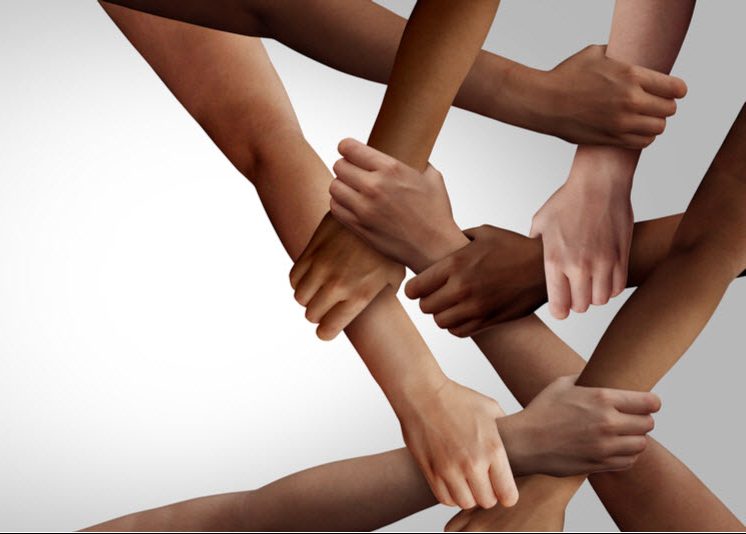
While family preservation is the goal of all the work we do, sometimes children and young people require out-of-home care to meet their social, emotional and behavioural needs.
Our Aboriginal and Torres Strait Islander Foster Care Program is committed to keeping kids safe by placing them in care situations that are appropriately matched to support their identity and self-esteem. We promote the placement of Aboriginal and Torres Strait Islander children and young people with people who are within their kinship line, Aboriginal community members and non-Aboriginal people who are culturally sound and can positively promote an Aboriginal child’s identity.
Get in touch
If you’re interested in becoming a carer, contact us at Narang Bir-rong Aboriginal Corporation.
We can answer your questions, talk you through the process and let you know what’s involved in becoming a foster carer.
From enquiry through to placement and beyond, our team will be with you every step of the way.
Supported by





